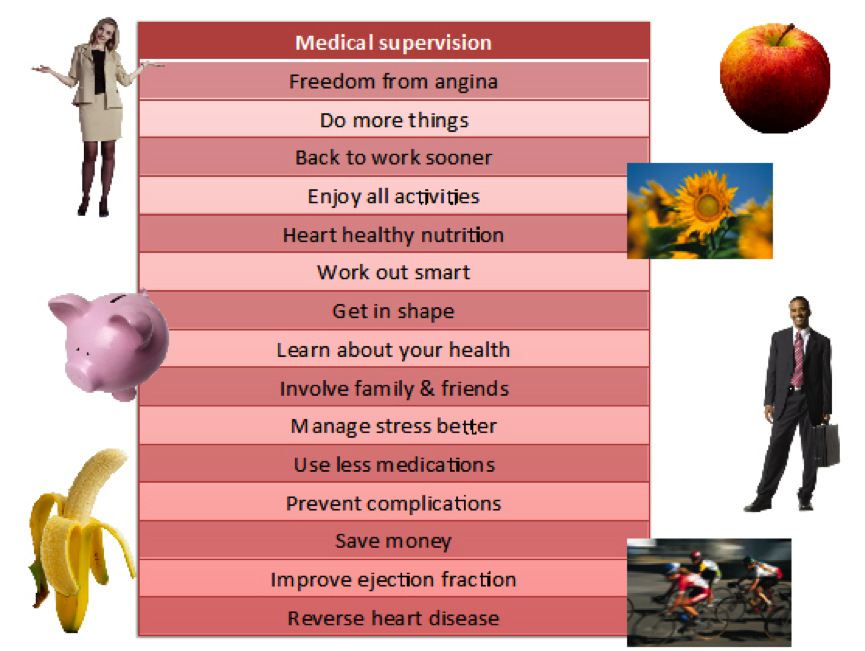What Does Narconon Africa Do?
What Does Narconon Africa Do?
Blog Article
6 Simple Techniques For Narconon Africa
Table of Contents9 Easy Facts About Narconon Africa ShownNarconon Africa Fundamentals ExplainedAll about Narconon AfricaGetting The Narconon Africa To WorkNot known Details About Narconon Africa Narconon Africa Can Be Fun For AnyoneThe Definitive Guide for Narconon Africa
In a collection of papers with Manudeep Bhuller and Katrine V. Lken, we overcome these information obstacles and the nonrandomness of imprisonment, offering brand-new understandings right into how imprisonment impacts relapse, work, kids, and criminal networks - Drug rehab success. Number 1 Our job studies the impacts of imprisonment in Norway, a setup with 2 essential advantagesWe can better connect this information to other member of the family, consisting of youngsters and brother or sisters. Furthermore, we know on co-offending that enables us to map out criminal networks for observed criminal offenses. Second, we can take advantage of the random assignment of criminal cases to courts that vary in their propensities to send defendants to prison.
Some judges send defendants to jail at a high rate, while others are much more lenient. We gauge a court's stringency as the typical incarceration price for all various other situations a judge takes care of, after regulating for court and year fixed effects, which is the degree of random job. This quasi-random assignment of court stringency can be used as an instrument for imprisonment, as it highly anticipates the judge's choice in the present case, but is uncorrelated with various other situation features both by layout and empirically.
Some Known Details About Narconon Africa
Characteristics of prisoners, consisting of demographics and crime groups, are broadly similar in Norway and various other countries, including the United States, with the exemptions that the United States homicide rate is much higher, and race plays a bigger duty there. What stands apart as various, especially compared to the USA, is the jail system.
Figure 2In Norway, the average time invested in jail is a little over 6 months, which is similar to most other Western European countries. This contrasts with ordinary United States jail time of virtually 3 years, which remains in big part the reason the United States is an outlier in its imprisonment price compared with the rest of the world [Figure 1]
The 15-Second Trick For Narconon Africa
This offers much more separation between minor and hardened crooks than exists in the United States. There is no overcrowding in Norwegian jails and far better individual safety and security, with each detainee being designated to their own cell and a higher inmate-to-staff proportion than in the USA (https://www.openlearning.com/u/elmahernandez-sek9ed/). Jails in Norway additionally provide well-funded education and learning, medicine therapy, psychological health, and task training programs
Our study on the results of incarceration on the culprit, utilizing the arbitrary job of judges as a tool, yields three essential searchings for. Initially, imprisonment dissuades additionally criminal actions. We discover that imprisonment reduces the likelihood Global rehab network that a person will reoffend within five years by 27 percentage points and reduces the equivalent variety of criminal fees per individual by 10 costs.
The 4-Minute Rule for Narconon Africa
We find sizable declines in reoffending chances and advancing charged criminal offenses even after offenders are released from prison. Our 2nd outcome is that bias due to selection on unobservable specific characteristics, if ignored, brings about the wrong final thought that time spent behind bars is criminogenic. If we just compare criminal offenders sentenced versus those not sent out to prison, we locate positive associations in between imprisonment and subsequent crime.
This stands in comparison to our evaluation based upon the random task of judges, which discovers an opposite-signed result. Third, the decrease in crime is driven by individuals who were not functioning prior to imprisonment. Among these people, imprisonment raises involvement in programs routed at enhancing employability and lowering relapse, and this inevitably raises employment and revenues while preventing criminal behavior.

Imprisonment triggers a 34 percent point increase in involvement in task training programs for the formerly nonemployed, and within five years their employment price rises by 40 percentage points. At the exact same time, the chance of reoffending within 5 years is cut by 46 percentage points, and there is a decrease of 22 in the ordinary variety of criminal charges.
All About Narconon Africa

A possible explanation for the distinction is that Norway's prison system varies substantially, both in regards to prison-term length and jail conditions, from the United States prison system. While understanding the results of incarceration on the offender is a vital initial step, catching spillover impacts is likewise crucial for reviewing criminal justice policy and designing reliable prison systems.
Fascination About Narconon Africa

Regular least squares estimates reveal that children of incarcerated daddies are 1 percentage point extra likely to be charged with a criminal offense, about a mean of 13 percent, and reveal no result on school grades. Using our judge stringency instrument, we discover no analytical proof that a papa's incarceration affects a kid's very own criminal activity or college grades, but we are not able to rule out modest-sized effects.
How Narconon Africa can Save You Time, Stress, and Money.
We specify criminal groups based on network links to previous criminal situations. Our analysis yields three major searchings for. Initially, when a criminal network member is jailed, their peers' possibility of being charged with a future criminal offense reduces by 51 percentage points over the next 4 years. Having an older brother put behind bars decreases the probability his more youthful sibling will be billed with a crime by 32 portion factors over the next four years.
Report this page